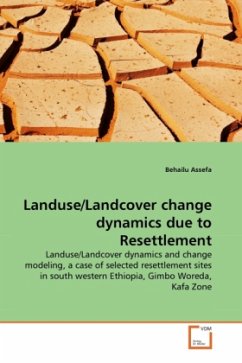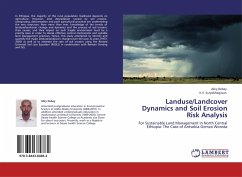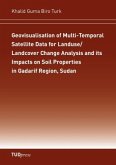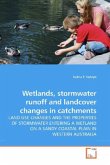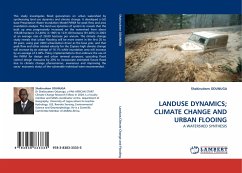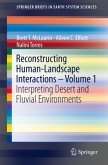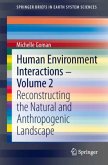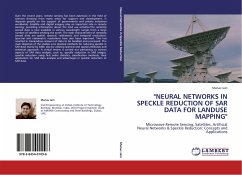Resettlement schemes have been carried out in response to the recurrent droughts that occurred in the 1970s and 80s in Ethiopia. However, the schemes were undertaken in coercive manner with out due consideration of the socio-economic and environmental issues related to resettlement and long-term consequences resulting in socio economic as well as environmental crisis in the areas. Particularly with regard to the physical environment the program lack environmental impact assessment and environmental management plan which causes aggravated landuse/landcover transformation. This work tried to see the impact of 1984/85 government sponsored resettlement program on the natural vegetation in terms of landuse/landcover change in destination areas,Tula-Kuti and Beyemo Kebeles, in south western Ethiopia. In addition, a Cellular Automata Markov (CA_Markov) modeling approach has also been applied to predict land use change for 2020. This analysis shows that, resettlement should not be taken as the best alternative way to minimize drought and famine or ensure food security, to guarantee effective food security in the long run, other strategies should be adopted.
Bitte wählen Sie Ihr Anliegen aus.
Rechnungen
Retourenschein anfordern
Bestellstatus
Storno

